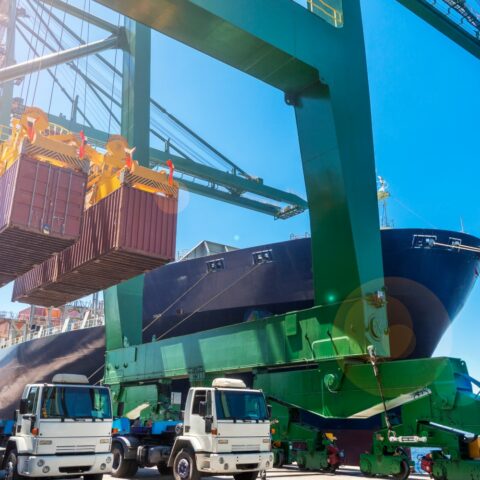The Challenge
Prior to integrating into the IPPC ePhyto Hub, enabling the seamless electronic exchange of phytosanitary certificates with member countries, including many of Madagascar’s main trading partners, exporters of plants or plant products had to acquire a paper phytosanitary certificate showing they were free of pests and disease and complied with plant health regulations.
In Madagascar, as in most countries, these paper certificates accompanied the shipment or were exchanged by post with trading partners. This relatively lengthy, fragmented process left certificates open to errors, loss and fraud. Also, in case of mistakes, they had to be returned to Madagascar for amendments, further risking spoilage and waste of time-sensitive, perishable produce.
What We Did
A dedicated management unit and a technical committee were set up within Malagasy Customs to analyse requests and make decisions. Officials received extensive training on the new IT systems, the application of tariff classification and rules of origin. Also, several awareness-raising sessions for businesses on advance rulings were held across the country.
Madagascar began successful exchanges in 2022, including with the United States and European Union countries. Since September 1, 2022, all phytosanitary exchange with members of the IPPC ePhyto Hub have been conducted electronically.
The Government hosted an official ceremony marking successful completion.
The project was achieved with the full cooperation of the Ministry of Agriculture and Livestock and local and international agri-food companies and was implemented in conjunction with Madagascar’s National Trade Facilitation Committee (CNFE), and the Plant Protection Directorate of the Ministry of Agriculture and Livestock (la Direction de la Protection des Végétaux du ministère de l’agriculture et de l’élevage).
The Impacts
The Alliance supported Madagascar in adopting the International Plant Protection Convention (IPPC) ePhyto Solution, enabling electronic exchange of phytosanitary certificates with trading partners quickly, accurately and at low cost.
The use of electronic phytosanitary certificates, or ePhytos:
- reduces the time and cost burden on both traders and border agencies
- mitigates the risk of error, loss or fraud
- reinforces consumer protection
- paves the way for Madagascar to exchange other types of data with trading partners
- contributes to the government’s aim of fully digitalising all export and import phytosanitary processes
Introducing ePhytos will benefit plant and plant product companies of all sizes in Madagascar, particularly micro, small and medium enterprises (MSMEs) that remain virtually excluded from the advantages of global trade. Food products represented almost 40% of total exports from Madagascar in 2021.
Transitioning to ePhytos helps drive food security by encouraging food exports and reducing spoilage resulting from delays at ports of entry.


 Madagascar
Madagascar


